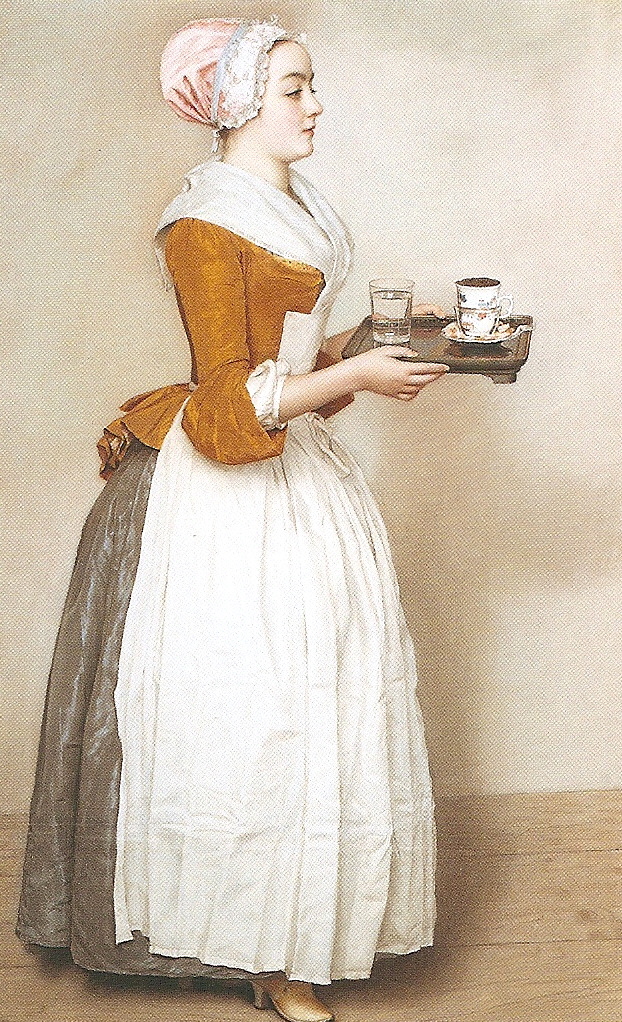In this video, Pasty Rodenburg, head of voice at Guildhall, explains how we shift out energy from inwards to outwards - and how performers, dancers and everyone can be anchored in the present...
Let people come to you
"Let people come to you" said the director of my latest show. I love this sentence but haven't quite mastered the acting technique that goes with it. This is a collection of my efforts to find it...
Saturday, 8 November 2014
Thursday, 6 November 2014
If life is too easy...
"If life is too easy, you lose your joy"
Hopi Camp chief - Patsy Rodenburg's Presence
Hopi Camp chief - Patsy Rodenburg's Presence
Tuesday, 4 November 2014
Body and soul
Interesting article about stage nudity and
female body in the Washington Post. Very honest.
(Photographs by Marvin Joseph/The Washington Post)
I particularly like this line:
"In our culture, women’s sexuality doesn’t tend
to be funny. Women’s bodies are almost never a punchline the way men’s can be.
For better or worse, there is a cultural seriousness to female nudity. And when
women act sexy, at best they are setups for punchlines: Meg Ryan’s
extended fauxgasm in “When Harry Met Sally” wasn’t the joke; it was the
tension-building prelude . “I’ll have what she’s having” was the joke."
Friday, 31 October 2014
Wednesday, 29 October 2014
Tuesday, 28 October 2014
Last director's notes - avoiding silence
As we prepare for our opening night of SummerFolks, our director Max Key just gave us some last notes. He reminded us to be super on cue, and not let any silence/ small pauses happen in-between lines.
He told us that it took him 12 years to work out this simple genius theatre tip:
It's all about focus. If there is silence, the audience doesn't know where to look - and we lose them. So, always good to do a double-speed run of the show...
He told us that it took him 12 years to work out this simple genius theatre tip:
It's all about focus. If there is silence, the audience doesn't know where to look - and we lose them. So, always good to do a double-speed run of the show...
Monday, 27 October 2014
The smallest part in the show
I'm currently acting in a production of Gorky's Summerfolks, and I have literally the smallest part in the show. I basically serve tea, announce a few people and look for a lost little boy. 7 lines, max.
I spent a lot of time trying to understand why Gorky - and others playwrights - would bother adding such a small character in their scripts: why waste precious stage time or make the play even more expensive to produce? Of course, there is representing the working class in the world of idle bourgeoisie (Summerfolk is set a few years before the Russian revolution). Also, the importance of sticking to reality: these characters wouldn't have prepared tea themselves.
But as rehearsals advanced and the acting became more precise, I also realised how the play could not be without the servant role:
Changing the course of action
by coming in and out, I give the main characters/ actors, a pause, a time to breath and change their mind... thus changing the course of the discussion of events. They are about to explode and fight - then tea arrives and everyone calms down - giving the audience a glimpse of the characters' feelings but not allowing events to unravel.
Giving flavour to the relationships
By announcing characters differently - the mistress' best friend or the master's untrusted assistant - I give the audience context about the relationships, and colour the whole play.
Crazy, the responsibility on my shoulders now....
I spent a lot of time trying to understand why Gorky - and others playwrights - would bother adding such a small character in their scripts: why waste precious stage time or make the play even more expensive to produce? Of course, there is representing the working class in the world of idle bourgeoisie (Summerfolk is set a few years before the Russian revolution). Also, the importance of sticking to reality: these characters wouldn't have prepared tea themselves.
But as rehearsals advanced and the acting became more precise, I also realised how the play could not be without the servant role:
Changing the course of action
by coming in and out, I give the main characters/ actors, a pause, a time to breath and change their mind... thus changing the course of the discussion of events. They are about to explode and fight - then tea arrives and everyone calms down - giving the audience a glimpse of the characters' feelings but not allowing events to unravel.
Giving flavour to the relationships
By announcing characters differently - the mistress' best friend or the master's untrusted assistant - I give the audience context about the relationships, and colour the whole play.
Crazy, the responsibility on my shoulders now....
Subscribe to:
Posts (Atom)






